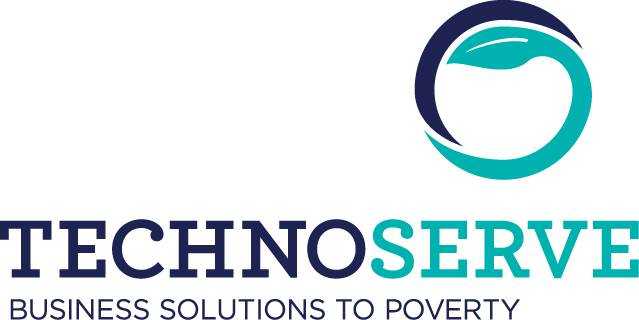BUJUMBURA, Burundi – The United States Department of Agriculture (USDA) and international nonprofit TechnoServe announced the launch of the Burundi Better Coffee Initiative. Working with partners including the Kahawatu Foundation, the Coffee Quality Institute (CQI), and the Burundi Development Agency, the initiative will boost the livelihoods and resilience of 60,000 coffee-farming households over the next five years.
Burundi is ideally suited for high-quality Arabica coffee production that could generate strong, recurring income for thousands of farming families. Farm elevations between 1,500 and 2,000 meters, plentiful rainfall, and a tropical savannah biome combine to create exceptional growing conditions, and coffee accounts for 80% of the country’s exports.
Despite this, Burundi’s coffee sector faces numerous challenges. Poor soil health and inadequate tree maintenance result in low and inconsistent crop yields. Production is also threatened by climate change, which is raising the frequency of both drought and heavy rainfall, leading to increased soil erosion. Meanwhile, poor processing practices reduce the quality and price of much of Burundi’s coffee, and the country’s cumbersome business environment makes it less attractive to global exporters.
As a result, many farming families earn less than $500 per year, well below the poverty line. Women and youth are among the most economically vulnerable groups, as their participation in the coffee sector is limited by factors such as lack of decision-making power and lack of control over income, and lack of access to their own plots of land.
The Burundi Better Coffee Initiative will work across the country’s coffee ecosystem to address these challenges. To improve access to agronomy support, the initiative will partner with the Kahawatu Foundation to deliver agronomy training using TechnoServe’s proven Coffee Farm College curriculum and methodology. This training will promote low-cost, regenerative agriculture practices for farm management, enhance farmers’ basic business skills, and boost production of complementary crops. The program will also provide farmers with access to lime, an essential input to improve plant nutrition and soil health, while also working with Village Savings and Loan Associations (VSLAs) to expand farmers’ access to finance.
In order to improve the quality and value of the country’s coffee, the initiative will work with coffee washing stations to improve their processing and ensure compliance with quality, environmental, and social sustainability standards. Export prices among participating processors are expected to rise by as much as 20% as a result of the improved quality and sustainability.
The Burundi Better Coffee Initiative will promote a business model for local enterprises to provide essential services to coffee washing stations, and the project will also create linkages with global coffee buyers and exporters and work with Burundi’s government to build a supportive regulatory environment.
The Burundi Better Coffee Initiative will assist 60,000 coffee farming households, including 30% women and 30% youth, to increase farm income by over 40%, bringing households out of poverty and on a trajectory towards living income levels. A more sustainable and inclusive coffee sector will not only build household income, but also increase Burundi’s competitiveness in the specialty coffee market, and the program is expected to foster $32.8 million in annual coffee sales. To promote climate resilience and sustainability, farmers will convert 7,714 ha to improved, regenerative management.
“Throughout Africa and beyond, we’ve seen that working with farmers and businesses across the ecosystem can help deliver improved livelihoods and resilience for coffee-growing families,” said Carole Hemmings, Global Coffee Sustainability Director for TechnoServe. “We are excited to partner with the USDA to bring this approach to Burundi and help farmers gain greater incomes, stability, and resilience for themselves and their families.”
The program will mark the first time TechnoServe has worked in Burundi.


















